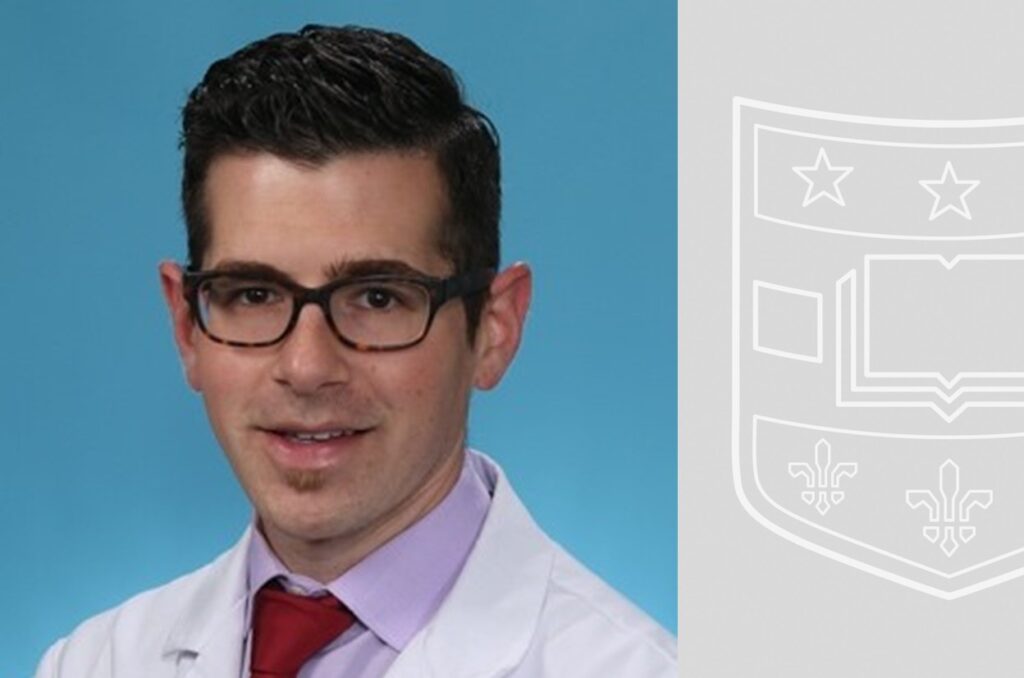Dr. Jonathan Moreno joined the Department of Medicine in the Division of Cardiology as an Instructor in July, 2020.
Dr. Moreno is from the suburbs of Boston, Massachusetts, and completed his undergraduate training at University of Massachusetts, Amherst, where he received dual BS degrees in Chemical Engineering and Biochemistry and Molecular Biology. Following graduation,he attended the Tri-Institutional MD/PhD program of Weill Cornell Medical College, Rockefeller University and Sloan-Kettering. His thesis research focused on using computational modeling to understand (1) mechanisms of cardiac arrhythmia, (2) the ability (and failure) of common antiarrhythmic drugs to suppress arrhythmia, and (3) the use of modeling for in-silico drug design and discovery. His studies sought to definitively answer why key clinical trials (CAST, SWORD) stunningly failed to prevent arrhythmia. His team’s first study mapped out a specific window of vulnerability where antiarrhythmic drugs flecainide and lidocaine might be PROarrhythmic. His team continued their studies to examine how local anesthetic drugs might be used for both inherited arrhythmia syndromes (e.g. the Long QT syndrome, and CPVT), as well as acquired syndromes (e.g. heart failure). He continued my training at Washington University in Internal Medicine, Cardiology, and Advanced Heart Failure and Cardiac Transplantation. His clinical and research interests include computational cardiology, inherited cardiomyopathies, and novel treatments for advanced heart failure and cardiogenic shock. His recent work developed a computational model of the Na+ channel and response to mexiletine; for the first time, his team developed a mathematical model that represented experimentally measured molecular movements shown to be crucial for drug efficacy.
Under the co-mentorship of Dr. Sharon Cresci, he is developing a multiscale computational model of hypertrophic cardiomyopathy that combines detailed descriptions of electrophysiology to tease out the underlying mechanisms responsible for differential therapeutic responses of pharmacotherapy. These differences can then be exploited to develop new, safer drugs with novel targets and mechanisms of action. His modeling approach has been successful at leveraging high-performance computing, advanced numerical optimization techniques, and electrophysiology to quantitatively study a diverse range of arrhythmia syndromes and novel drug targets. This approach is a promising strategy to increase the chances of success by rationally designing and testing drugs in-silico, while simultaneously assessing markers of success and failure at multiple spatial and time scales. These works were published in journals including Science Translational Medicine, Circulation Research, JACC: Basic to Translational Science, and Journal of Physiology. He is the proud recipient of the Sobel Cardiovascular Research Award (2019), the Knowlton Award for Excellence (2017), and the Gertner Internal Medicine Research Award (2014) from Washington University, as well as being appointed a fellow of the T32 Principles in Cardiovascular Research training grant.
In July, 2020, he joined the Division of Cardiology as an Instructor of Medicine, where he began to transition to an independent physician scientist and started a laboratory focused on developing a bidirectional translational research program that merges clinical data and biophysical characterization of heart failure syndromes to build ultrarealistic 3D computational models to design precision-targeted therapies.
